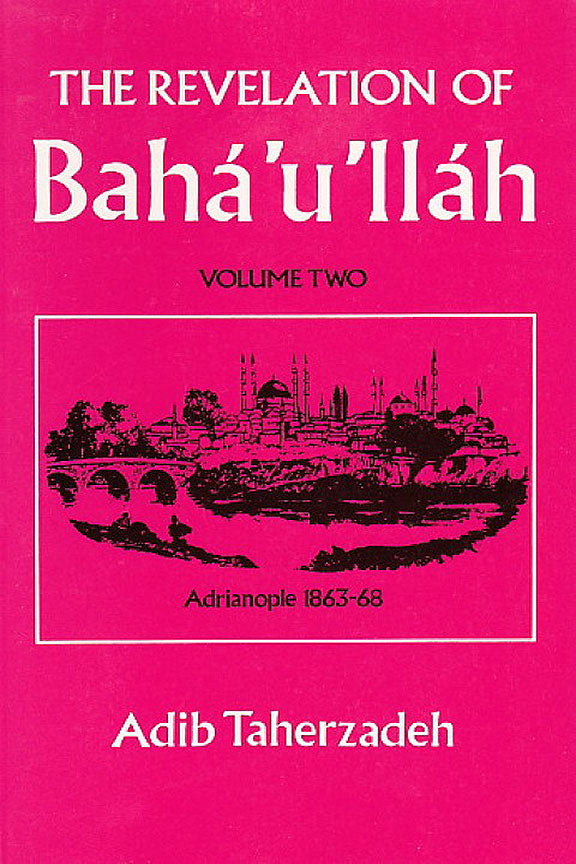The Bahá’í Faith, a relatively nascent religious movement that emerged in the 19th century, centers around the figure of Bahá’u’lláh, an enigmatic prophet-educator whose life and teachings have culminated in a framework for universal peace and unity. To comprehend the significance of Bahá’u’lláh’s revelation is to embark on a profound journey—one that promises a shift in perspective, urging adherents and inquirers alike to explore the multifaceted dimensions of this transformative spiritual doctrine.
Understanding Bahá’u’lláh: The Man Behind the Revelation
Born in 1817 in Tehran, Persia (modern-day Iran), Bahá’u’lláh, originally named Mirza Husayn Ali, emerged from a background of privilege. However, his life took a pivotal turn when he became a follower of the Bab, the herald of a new religious era. Following the Bab’s martyrdom, Bahá’u’lláh faced persecution and imprisonment, experiences which physically and spiritually forged his character and laid the foundation for his prophetic mission. In 1863, while in exile in Baghdad, he announced his status as the Promised One of all religions, an event that framed the trajectory of modern religious thought.
The Essence of His Revelation
At the core of Bahá’u’lláh’s teachings lie profound principles that address the exigent concerns of humanity. His revelation is characterized by themes of unity, justice, and love, serving as both a spiritual compass and a clarion call for collective human elevation. Bahá’u’lláh articulated that the essence of all religions is one, positing that the divergent paths of spiritual truth converge towards a singular divine source. Such a stance fosters an ecumenical perspective that is not just promising but revolutionary.
Unity in Diversity
One of Bahá’u’lláh’s most significant contributions is the concept of unity in diversity. He underscores the imperative of recognizing and celebrating human differences while pursuing overarching unity. This teaching resonates particularly in an era rife with sectarian conflict and social division. The revelation implores followers to transcend national, racial, and cultural boundaries, fostering a global citizenry armoured with compassion and understanding.
The Concept of Progressive Revelation
The idea of Progressive Revelation is intricately woven into Bahá’u’lláh’s teachings. This concept posits that divine guidance is revealed gradually through successive prophets, adapting to the needs of humanity at different historical junctures. Figures such as Moses, Jesus, Muhammad, and the Bab are regarded as pivotal representatives of this unfolding narrative. Introducing Bahá’u’lláh as the latest manifestation in this continuum brings forth an intriguing question: What does his revelation signify for contemporary society?
He ardently conveys that the age of enlightenment and spiritual awakening has arrived, necessitating a new framework for understanding the divine purpose of existence. As societies grapple with perplexing challenges ranging from environmental degradation to ethical dilemmas in technological advancements, the teachings of Bahá’u’lláh provide a relevant compass that directs humanity towards holistic and sustainable solutions.
The Role of the Individual
Central to Bahá’u’lláh’s revelation is the enhancement of individual consciousness. He emphasizes the role of personal spiritual development as a catalyst for societal transformation. In his writings, he advocates for practices of prayer, meditation, and community service as means to foster an intimate connection with the divine. This individual-centric approach encourages each person to explore their unique spiritual potential while participating in the collective advancement of society.
Justice as a Cornerstone
Bahá’u’lláh’s invocation of justice serves as a foundational tenet, driving his vision for global harmony. His teachings illuminate the need for a just and equitable society, where the rights and dignity of every individual are respected. This call to action impels followers to address injustices within their spheres of influence, promoting societal equity and fostering an environment conducive to the flourishing of every member of the human family.
Transformative Power of Love
Amidst the plethora of Bahá’u’lláh’s teachings lies the transformative power of love, which transcends mere emotion and becomes an active principle guiding human relations. Love, as articulated in his writings, is a divine force that has the power to dissolve barriers and create connections across divides. This ideal invites individuals to cultivate a spirit of camaraderie and service, reinforcing the necessity of love as an effective vehicle for social change.
Implications for Contemporary Society
In pondering the implications of Bahá’u’lláh’s revelation today, one cannot ignore the urgency for a collective response to burgeoning global challenges. His teachings, if embraced widely, promise not merely a theoretical framework but a pragmatic approach that holds the potential to reshape societal structures and relationships. The emphasis on unity, justice, and love provides a refreshing perspective that encourages a paradigm shift—a reimagining of our interconnectedness in the face of adversity.
The Call to Action
Ultimately, Bahá’u’lláh’s revelation serves as a profound invitation to embrace a new way of being. It challenges individuals to move beyond complacency and engage actively in the betterment of the world. The teachings are not just abstract ideals confined to texts but living principles awaiting manifestation through intentional actions. The responsibility to actualize this vision lies with each individual, igniting a collective journey toward a more harmonious and equitable global society.
In conclusion, the legacy of Bahá’u’lláh, both as a man and as a divine messenger, is replete with insights that resonate even in our modern milieu. By exploring his teachings, individuals might find themselves not only piqued by curiosity but compelled to contribute to the unfolding narrative of human unity and progress.
